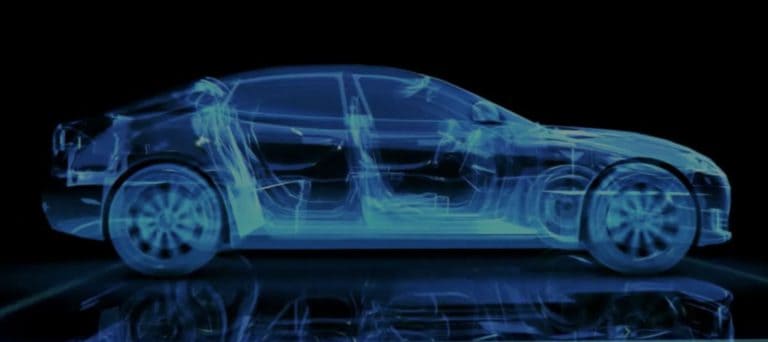BlackBerry comes up with a system that should help accelerate the development of Smart Cietis and intelligent infrastructure. To this end, the company is launching a Security Credential Management System (SCMS). The solution is available free of charge to car manufacturers and government agencies participating in pilots for Smart Cities and connected vehicle solutions.
BlackBerry’s SCMS service is intended to enable the safe and reliable exchange of information between vehicles and infrastructure. To this end, the company produces digital certificates, which, for example, are intended to ensure that traffic lights turn green more quickly at certain times.
Safe infrastructure
BlackBerrys SCMS service operates on the basis of the BlackBerry Certicom technology and provides a secure and reliable hosted Public Key Infrastructure (PKI). It can manage certificates on behalf of an organisation or for an entire ecosystem. The service can therefore be used nationally, and even internationally, by manufacturers and government agencies.
The intention is to launch the service initially in Ottawa. There is a test track for autonomous vehicles. On the sixteen-kilometre-long road, which is an imitation of a small town, complete with road markings, traffic lights, traffic signs and pedestrian crossings, the tests take place.
Self-propelled vehicles
According to John Chen, CEO of BlackBerry, self-propelled cars cannot be rolled out until there is a suitable and intelligent transport system. That system has to meet a lot of requirements. By removing barriers such as security, privacy and cost, we believe that our SCMS service will contribute to the rapid deployment of many Smart City programs and pilots with connected vehicles around the world.
By focusing on the development of the SCMS project and focusing on Smart Cities and connected cars, BlackBerry hopes to get a feel for what is likely to be a large and important market.
This news article was automatically translated from Dutch to give Techzine.eu a head start. All news articles after September 1, 2019 are written in native English and NOT translated. All our background stories are written in native English as well. For more information read our launch article.